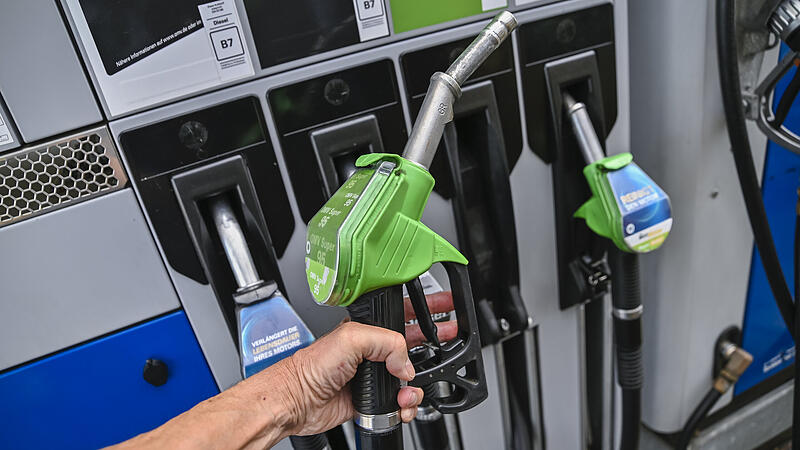Image: Uwe Lein (dpa)
The reason for the gradual introduction is the amendment to the Fuel Ordinance, which has been in force since the beginning of 2023. “E10 is available at almost all Austrian gas stations,” said Hedwig Doloszeski, Managing Director of the WKÖ Association of the Mineral Oil Industry (FVMI), on Wednesday to the APA. The large gas station chains, including BP and OMV, switched to E10 in April. However, classic super petrol is still available.
The increase in the bioethanol admixture in petrol from 5 to 10 percent is also anchored in the government program 2020-2024 of the turquoise-green federal government. The amendment to the Fuel Ordinance does not directly prescribe E10, but the law obliges petrol station operators to gradually reduce the greenhouse gas emissions caused by this. Since the amendment also means that other reduction options can no longer be counted in some cases, the only alternative left for the filling stations was the introduction of E10.
criticism from environmental organizations
Environmental protection organizations have always criticized the use of E10 and pointed out that “energy crops” for the production of bioethanol are displacing more and more food-growing areas worldwide. “Food belongs on our plates and not in the tank,” says Sebastian Theissing-Matei from Greenpeace Austria. Instead of “biofuel”, a sustainable turnaround in transport is needed in Austria and Europe, including an accelerated expansion of public transport services and a significant reduction in motorized private transport and air travel.
The added bioethanol content is considered climate-neutral, since the CO2 released was previously bound from the air during the growth of the plants. Biofuels should not be confused with synthetically produced e-fuels.
traffic clubs positive
The Austrian traffic clubs ARBÖ and ÖAMTC support the introduction of E10. According to an ÖAMTC evaluation of existing vehicles at the beginning of 2023 – not including vehicles that were first registered at least 30 years ago – 98.3 percent of petrol cars in Austria can handle the 10 percent bioethanol content. Industry and interest representatives have also launched an information platform https://e10tanken.at/. In addition to Austria, E10 is available in 15 EU countries (including Germany and France) and in Great Britain.
In the run-up to the introduction of the E10, there had been speculation about higher prices for premium petrol. “The prices are based on the E10 listing, which is only slightly higher than the E5 listing,” said the managing director of the mineral oil trade association. “It should be noted, however, that several different factors are decisive for the formation of gas station prices, in particular supply and demand.”
Cover your own bioethanol needs
Austria can cover its bioethanol requirements itself. The domestic fruit, starch and sugar group Agrana has been operating a large bioethanol plant in Pischelsdorf (Lower Austria) since 2008 and produces ethanol from the starch content of feed grain (maize, wheat) and the protein content is used to produce protein feed.
Bioethanol has been produced from wood sugar in Austrocel’s pulp mill in Hallein (Salzburg) since the end of 2020. This is bioethanol from the so-called “second generation”, i.e. ethanol that is produced from organic waste products. We are talking about the “first generation” when only materials that are also used in the food industry are used for production.
more from economy




